Meet 10 trailblazing, inspiring Indian women entrepreneurs

They know doing that nightshift at a warehouse may be next to impossible. They know what the social expectations are. They know the kids will be waiting at home. Being a woman and running a startup in India can’t be easy.
But they still love what they do.
Yes, many of them work in spaces associated with women, like lingerie, menstrual hygiene, and jewelry. But many also work in typically male domains like industrial supplies, bike taxis, and car rentals.
Being a female entrepreneur is not very different from being a male entrepreneur. That’s what 10 women told us boldly when we asked.
Here’s what they said about their journey:
Neha Kant, Clovia

Neha is out to redefine the Indian lingerie market and passionately believes that innerwear need not be drab or boring. Meet the woman who founded online lingerie shopping brandClovia, which claims to get over 1.5 million monthly visitors.
But it couldn’t have been easy to do so, for someone who was the daughter of an engineer and was pretty much surrounded by engineers all the time. Neha refused to be one though. She studied management and started her career at an ad agency. Clovia came about in 2012.
Today she wants to reset the whole process of finding and buying innerwear, especially in India’s US$3 billion market. If the 250,000 monthly shipments are anything to go by, she is getting there fast.
Sairee Chahal, Sheroes
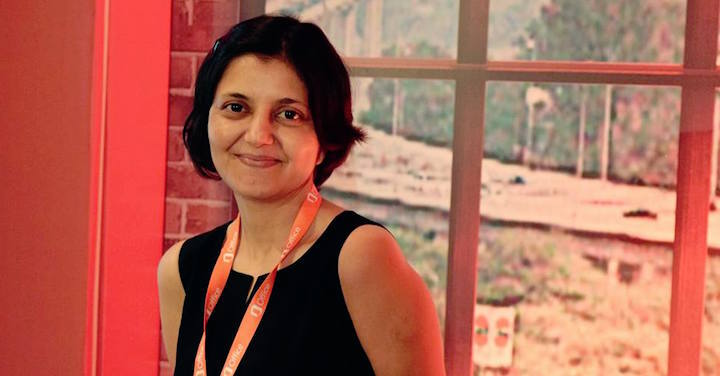
She is the founder of Sheroes, an online community that helps women find jobs, be it part time, full time, from home or office. Sairee started Sheroes in 2013 so that women wouldn’t always find themselves at a crossroads: having to choose between career and social responsibilities.
The startup helps women find mentorship, career resources, and career content along with career advice, and opportunities for women. Sairee told Tech in Asia that being a woman entrepreneur has taught her “the power of a great team, good advisors, friends, and also the power of fulfilling a user’s needs.”
This job helps you understand that “you pretty much do not control anything and only learning everyday will get you there,” says Sairee, a management graduate who also studied international relations from JNU.
Sakshi Vij, Myles
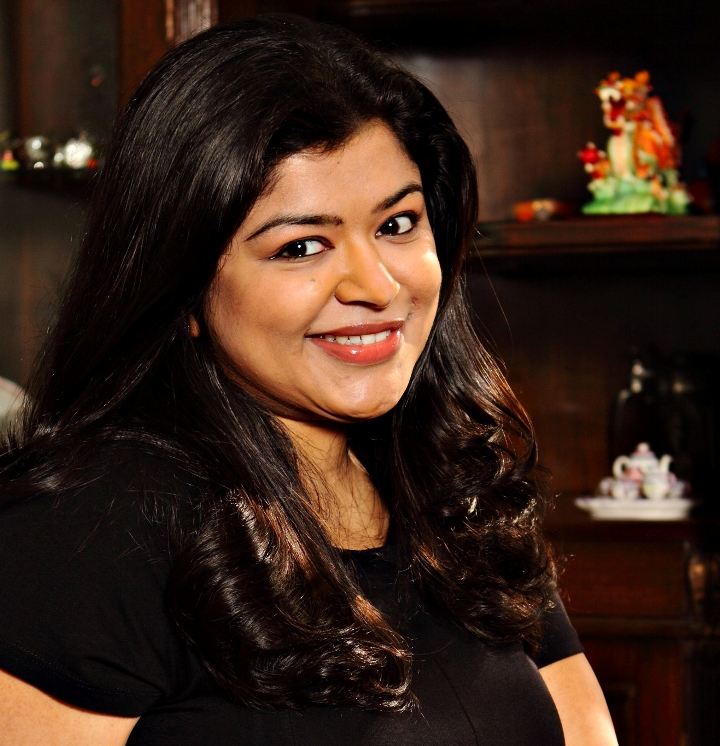
Over the last two years, self-drive car rental service Myles claims to have changed the way over 150,000 people in 21 cities of India use cars. Steering its wheel is founder Sakshi Vij.
“I had a deep inclination for changing the way cars were bought and used in India. My experience of growing up in Delhi told me that Indian cities were soon going to face a huge burden of congestion and infrastructure scarcity if cars was not used rationally,” says Sakshi, who studied at IIM Ahmedabad.
So every time she sees people using Myles instead of buying cars, there is a deep sense of satisfaction. “It has been a great journey so far. I am working towards building Myles into an alternate ecosystem for car ownership,” she told Tech in Asia.
Divya Kalia, Bikxie
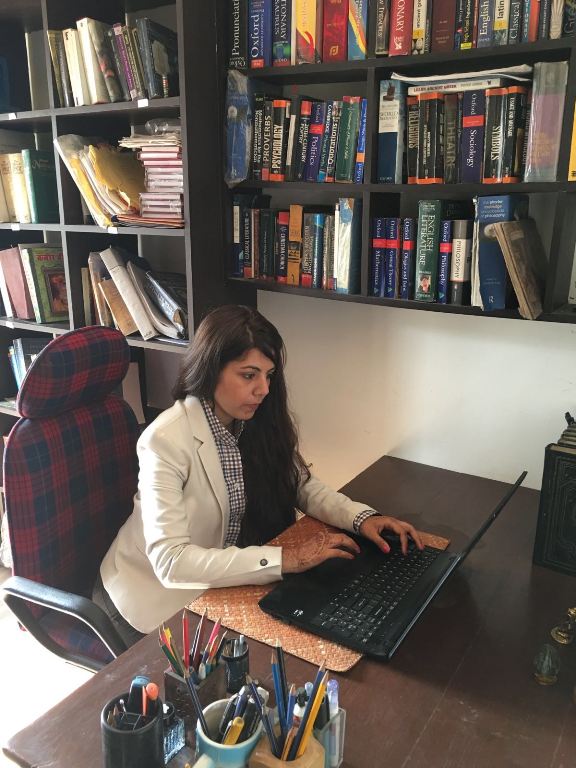
Divya is the founder of Bikxie Pink, an app-based bike taxi service in Gurgaon that provides last mile connectivity to women. The novelty is that the two-wheelers are also driven by women, thus bringing the promise of safety to pillion riders.
“I love the opportunity to innovate and witness an idea getting implemented. One really has to push one’s mental and physical limits to understand what one’s really capable of and that in itself is empowering,” Divya told Tech in Asia.
Since it hit the road in mid January, Bikxie’s six female pilots are doing 14 to 15 rides a day. Evidently, Divya is not the only one super happy with the startup.
Ankita Jain, GoPaisa
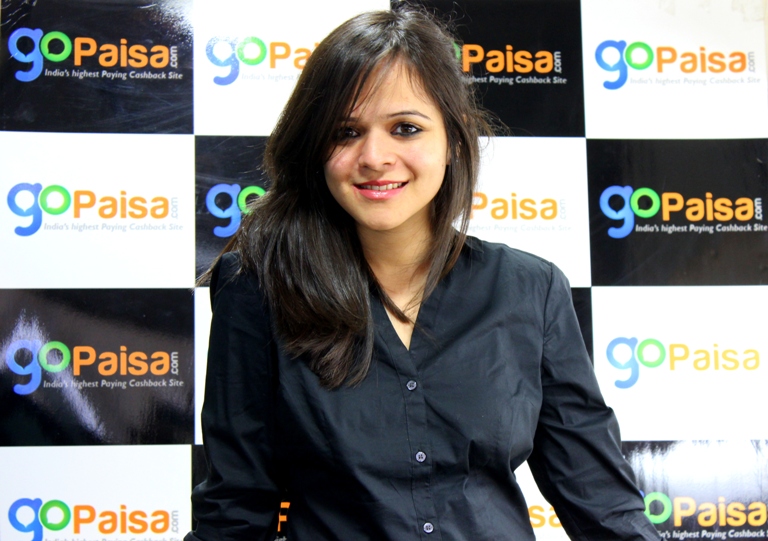
Exuberant and youthful, Ankita Jain is the co-founder marketing head of GoPaisa, a cashback site. “Keep a positive mind, and don’t take ‘no’ for an answer,” she says.
Nearly three years ago, she entered the startup world at the age of 23, and “most brands did not take us seriously. The concept of cashback was non-existent.” Now the site claims to have a million plus users.
“Being an entrepreneur is what I always wanted for myself. It gives me the freedom to do what I believe is right. I never wanted someone to order me [around],” says Ankita. And she points out some other huge plus points: economic independence, creative freedom, and work-life balance. We can’t agree more!
Swati Gupta, IndustryBuying
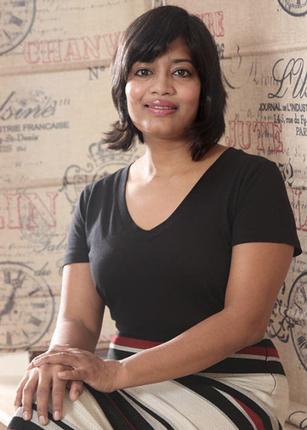
“Industrial ecommerce is definitely more male-oriented than, say, fashion ecommerce, but the business issues – sellers, delivery, customer experience, demand – are the same, and require the same of solutions and thought processes,” Swati told Tech in Asia.
Swati, who is an MBA and a DCE graduate, launched IndustryBuying in 2013. “Once in a while there are issues like not being able to spend the night shift in a warehouse because you are a woman,” she says. But those, she adds firmly, “can be dealt with.”
Aditi Awasthy, Embibe

Prepare better for the competitive examination. In 2012, Aditi founded test preparation platform Embibe, which uses analytics to help aspirants prepare for tough courses like engineering and medicine.
She doesn’t believe there is a special challenge one faces as a woman entrepreneur. “Running my own business and being able to breathe life into my vision of disrupting the education system using data science and technology makes me more determined to achieve my goals,” Aditi told Tech in Asia.
But she does admit one thing. “Patience, persistence, and being able to multi-task come naturally to me as to most women.”
Radhika Aggarwal, ShopClues
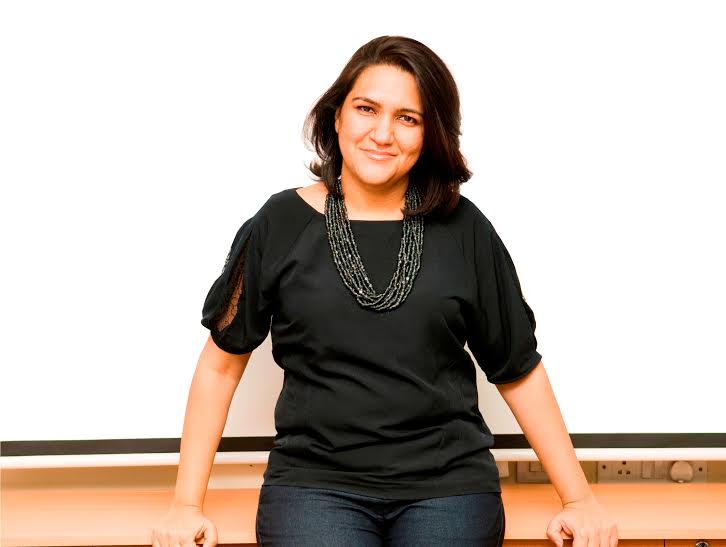
Nowadays she is called the first woman in India’s unicorn club. That’s because Radhika Aggarwal is co-founder of ecommerce company ShopClues.
Despite the traditional mindset in India that favors men, many women are breaking through the glass ceiling. And she thinks they are inspiring each other. “If you hear success stories, you are more likely to replicate that,” says Radhika, an MBA who also studied creative writing at Stanford.
But inspiration apart, she believes there is no substitute for hard work. “Entrepreneurship anyway is not an easy way of life, whether you are a man or a woman,” she says.
Saroja Yeramilli, Melorra

She is hoping to bring back the lure of fine jewelry for young Indian women. In the winter of 2014, Saroja Yeramilli just had a “sketchy business plan, but a very large vision.” Today it has transformed into the online jewelry brand Melorra.
“Our thinking is that women will buy jewelry as often as they buy shoes or clothes,” says Saroja. She studied at Xavier Institute of Management and has over 20 years of experience in consumer goods, sales and marketing, retailing, and advertising.
She believes Melorra can help change mindsets and the jewelry industry can change how we look at women, making them center-stage in its decision-making process.
Suhani Mohan, Saral Designs

Suhani operates in a hugely neglected space in India. She is the co-founder of Saral Designs, a startup focusing on menstrual hygiene.
Only 12 percent of menstruating women use sanitary pads in the country. But this IIT Bombay graduate is bent on changing the statistic. Saral has designed and developed a machine that can produce high quality sanitary napkins in a decentralized set-up. “Technology needs to address these critical challenges,” she says.
Her plan is to “relentlessly work on the product and distribution till every woman has access to a reliable and hygienic product to manage her periods.”

